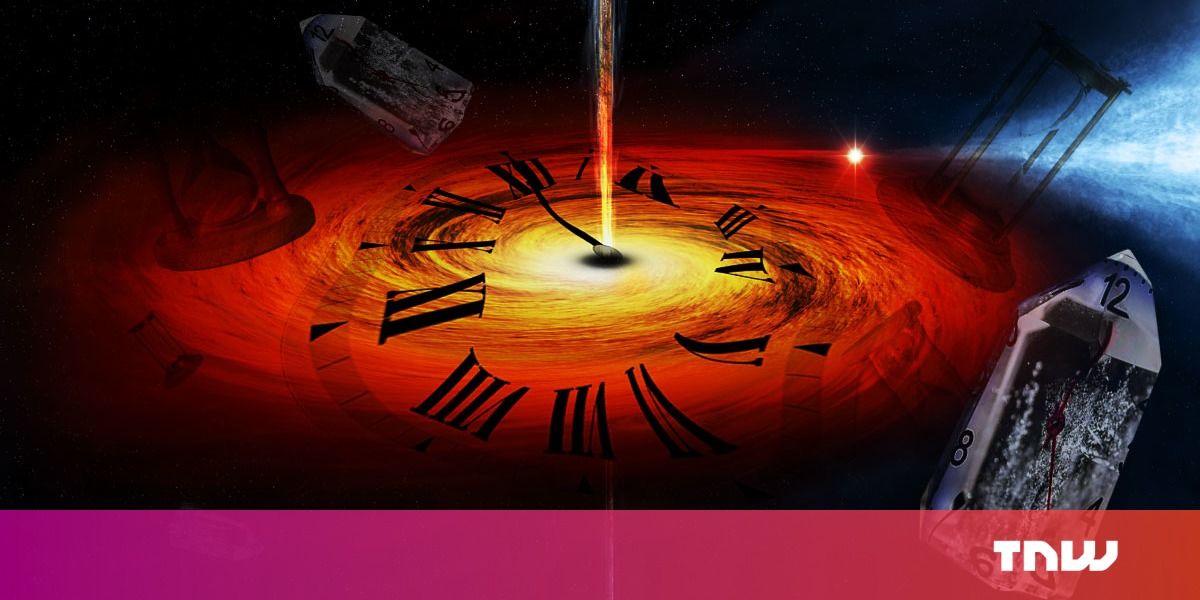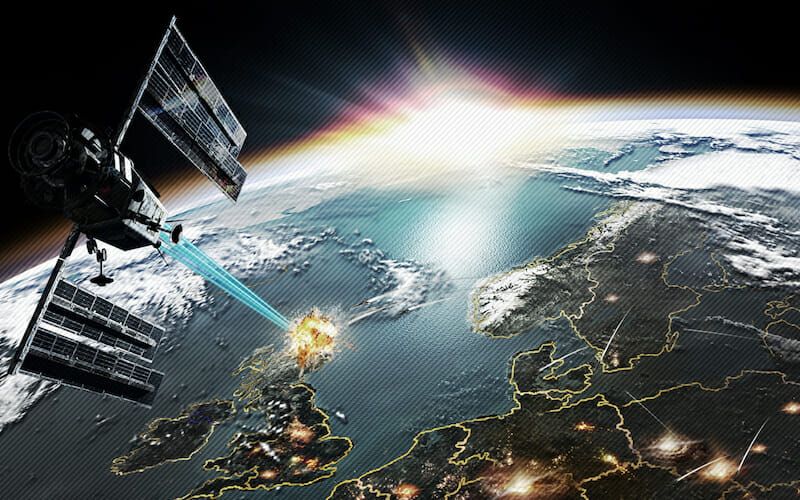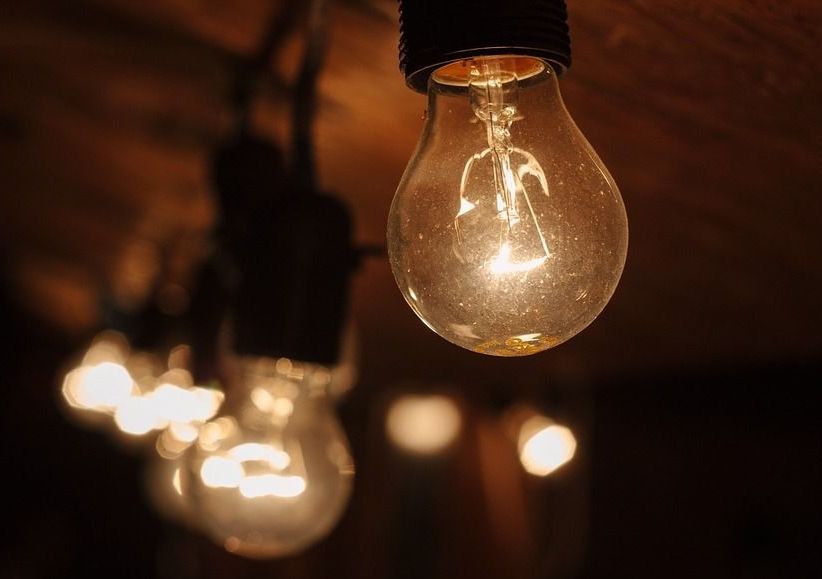Jul 2, 2018
It Would Take 200,000 Years at Light Speed to Cross the Milky Way
Posted by Genevieve Klien in category: space travel
The disk of our home galaxy – the Milky Way – is bigger than we previously thought. A new study shows it would take 200,000 years for a spaceship traveling at the speed of light to go across the entire galaxy.
Researchers made the find after analyzing the abundances of metals (heavy elements) in stars, also known as their metallicities. When looking beyond the previously assumed boundary of the Milky Way’s disk, scientists were surprised to see stars with compositions resembling those of disk stars. [Amazing Photos of Our Milky Way Galaxy]
“We have shown that there is an appreciable fraction of stars with higher metallicity, characteristic of disc stars, further out than the previously assumed limit on the radius of the galaxy disc,” study co-author Carlos Allende, a researcher at Astrophysics Institute of the Canary Islands (Instituto de Astrofisica de Canarias, said in a statement.
Continue reading “It Would Take 200,000 Years at Light Speed to Cross the Milky Way” »


















